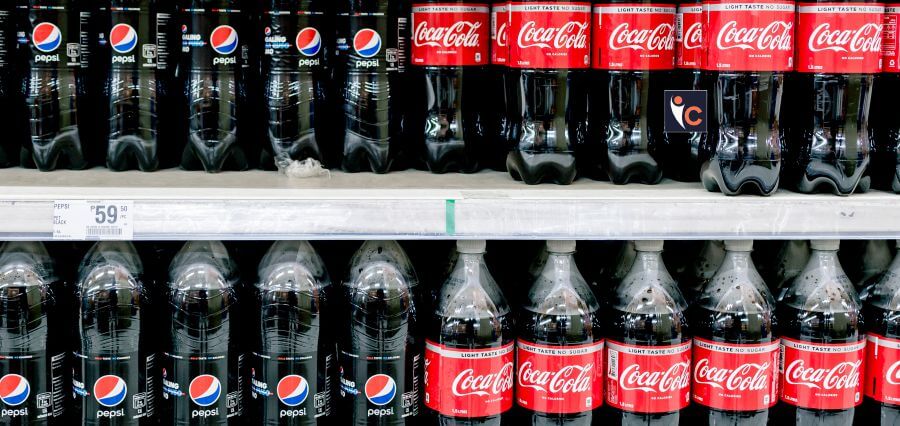A study published in Circulation: Arrhythmia and Electrophysiology found that consuming sugar- or artificially sweetened beverages is linked to an increased risk of irregular heart rhythms.
Key Findings of the research are:
– An analysis of health data from the UK Biobank revealed a 20% higher risk of irregular heart rhythm, specifically atrial fibrillation, among individuals who consumed two liters or more per week (approximately 67 ounces) of artificially sweetened drinks. Additionally, those who consumed similar amounts of sugar-sweetened beverages had a 10% higher risk.
– Conversely, consuming one liter (about 34 ounces) or less of pure juice per week, such as 100% orange or vegetable juice, was associated with an 8% lower risk of atrial fibrillation.
– It’s important to note that this observational study cannot definitively establish a causal relationship between sweetened drinks and irregular heart rhythms.
New research published in Circulation: Arrhythmia and Electrophysiology, a peer-reviewed journal of the American Heart Association, reveals that adults who consumed two liters (about 67 ounces) or more of sugar- or artificially sweetened beverages per week faced a heightened risk of atrial fibrillation, an irregular heart rhythm, compared to those who consumed fewer such beverages.
Additionally, the study found that consuming one liter (about 34 ounces) or less per week of pure, unsweetened juice, such as orange or vegetable juice, was linked to a reduced risk of atrial fibrillation (AFib). However, the study could not definitively establish whether sweetened drinks directly caused AFib, although the association persisted even after adjusting for a person’s genetic susceptibility to the condition.
Previous research has established a connection between the consumption of sweetened drinks and Type 2 diabetes and obesity. This extensive study, analyzing health data from the UK Biobank, is one of the first to explore a potential association between sugar- or artificially sweetened beverages and atrial fibrillation (AFib). AFib is a condition characterized by irregular heartbeats, increasing the risk of stroke by five-fold. According to the American Heart Association’s 2024 Heart Disease and Stroke Statistics, it is estimated that over 12 million people will have AFib by 2030.
Lead study author Ningjian Wang, M.D., Ph.D., a researcher at the Shanghai Ninth People’s Hospital and Shanghai Jiao Tong University School of Medicine in Shanghai, China, emphasized, “Our study’s findings cannot definitively conclude that one beverage poses more health risk than another due to the complexity of our diets and because some people may drink more than one type of beverage. However, based on these findings, we recommend that people reduce or even avoid artificially sweetened and sugar-sweetened beverages whenever possible. Do not take it for granted that drinking low-sugar and low-calorie artificially sweetened beverages is healthy; it may pose potential health risks.”
The researchers examined dietary questionnaires and genetic information from over 200,000 adults who did not have AFib when they joined the UK Biobank between 2006 and 2010. Over the nearly 10-year monitoring period, there were 9,362 instances of AFib among the participants.
Read More: Click Here















